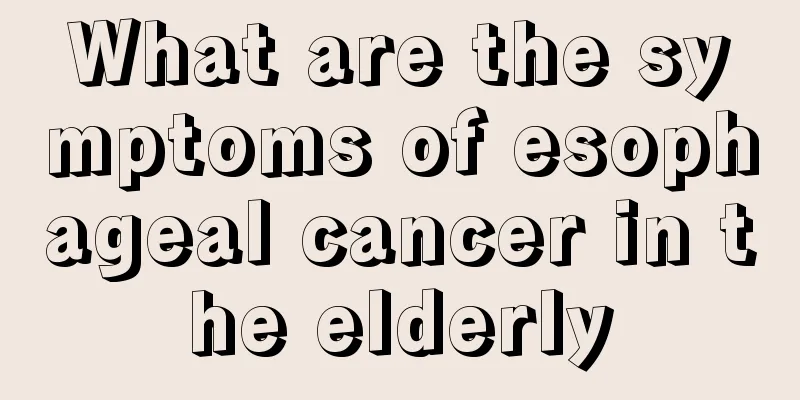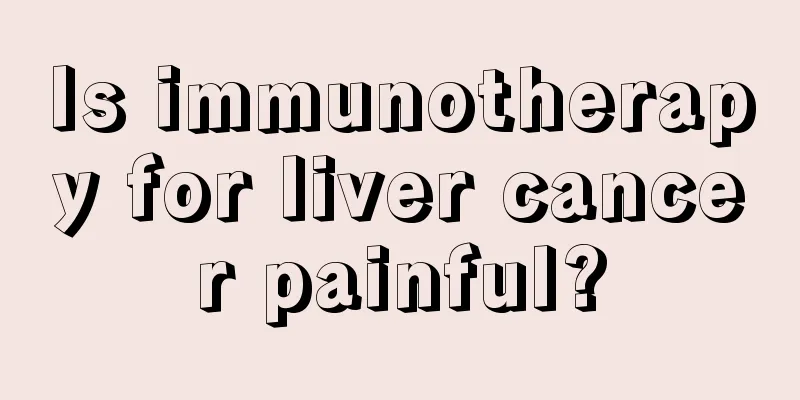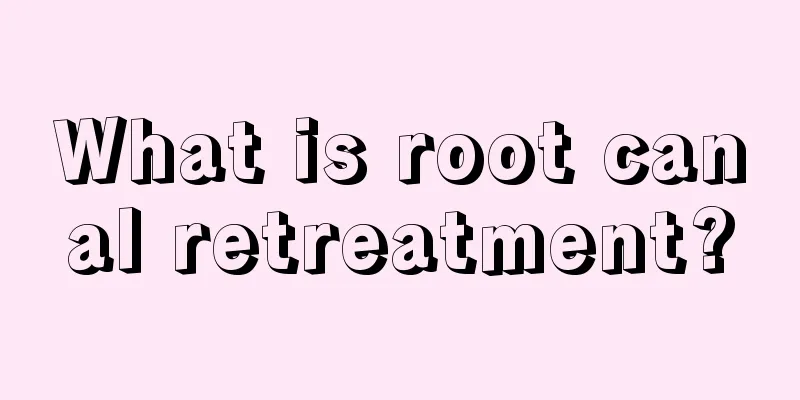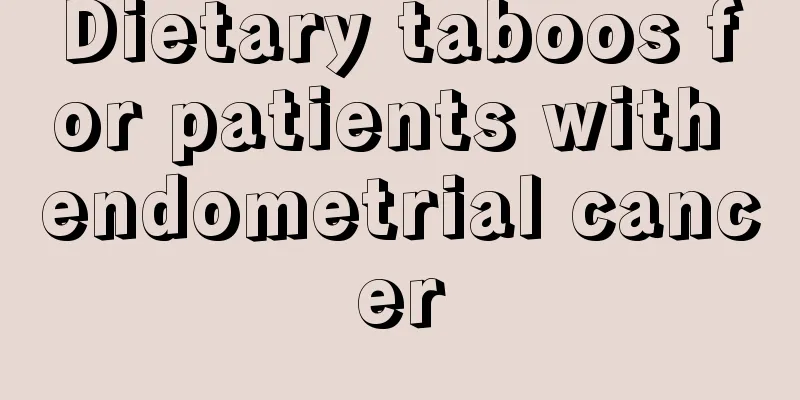What are the symptoms of esophageal cancer in the elderly

|
The symptoms of esophageal cancer are usually hidden in the early stages, but if elderly people experience difficulty swallowing, food regurgitation, weight loss, etc., they should seek medical attention as soon as possible to get a clear diagnosis. 1. Dysphagia Dysphagia is one of the typical symptoms of esophageal cancer. It is often manifested as a foreign body sensation when eating, especially when eating hard food. As the tumor grows, even drinking water or swallowing saliva may become difficult. This is caused by the esophageal cavity being blocked by the tumor. It is recommended that elderly people with swallowing problems seek medical attention in time and undergo gastroscopy to confirm the cause. 2Chest pain or tightness after eating Patients with esophageal cancer may feel pain or burning behind the sternum when eating. The pain is usually not severe, but it will gradually become more severe as the disease progresses. Some patients may mistakenly think that it is acid reflux or cardiovascular problems. At this time, other diseases should be ruled out through examination. 3. Rapid weight loss Patients with esophageal cancer are prone to significant weight loss due to difficulty eating or loss of appetite, often accompanied by weakness. When elderly people experience unintentional weight loss and other symptoms, they should be alert to potential malignant lesions of the digestive tract and seek medical attention as soon as possible. 4. Persistent cough or hoarseness Tumor invasion of adjacent tissues may cause compression of the recurrent laryngeal nerve, resulting in hoarseness. Food cannot pass easily, which may cause reflux coughing. If patients often experience this, especially the elderly, it should be taken seriously. 5Other systemic symptoms In the late stage, the disease may cause gastrointestinal bleeding, vomiting blood or black stools, and even cancer cells may spread to distant organs such as the lungs, liver or bones, causing a series of symptoms such as coughing, bone pain, jaundice, etc. This is usually the late stage and systemic treatment should be taken immediately. If the above symptoms occur, the elderly should seek medical attention as soon as possible, make a clear diagnosis through gastroscopy, biopsy and other means, and receive treatment as prescribed by the doctor. Treatments for esophageal cancer include surgical resection, radiotherapy and chemotherapy, combined with a reasonable diet and meticulous care to improve the quality of life. |
<<: Is CT scan for esophageal cancer accurate?
>>: What causes left ethmoid sinus osteoma?
Recommend
What are the treatments for lung cancer? An inventory of effective treatments for lung cancer
In the onset of cancer, the impact of the consequ...
What are the differences between renal cysts and renal hamartomas
Most renal cysts are simple renal cysts, which re...
My lower abdomen is pulling and hurting my buttocks
When women feel the symptom of lower abdominal pu...
The symptoms of late-stage prostate cancer are very obvious. These 5 symptoms indicate that it has reached the late stage of prostate cancer
As a malignant tumor, prostate cancer often cause...
What are the symptoms of an anal infection?
There are many types of anal infections, and the ...
3 dietary health treatments for gastric cancer patients
Gastric cancer patients will inevitably suffer fr...
Dorsal nerve block surgery turns out to have so many harmful effects!
Many men have too many dorsal nerves in the penis...
Eating hot pot that is too hot can easily cause esophageal cancer. Be careful not to eat like this and it may cause esophageal cancer
Can frequent hot pot cause cancer? And can it cau...
Can putting garlic in the anus cure hemorrhoids?
There are all kinds of folk remedies in life. I h...
What are the effects and functions of grape seed essential oil?
Grape seed essential oil is sold in many beauty s...
Dandruff can't be washed off
Dandruff has always been a topic that troubles th...
Piriformis sciatic nerve
The piriformis muscle is an important muscle loca...
There is sticky white phlegm in my throat that I can't spit out
In our daily life, we talk a lot every day, and m...
Can I drink alcohol if I sprain my foot
Many people are addicted to drinking because alco...
What factors in daily life are likely to cause gastric cancer
The treatment of gastric cancer must be timely to...









